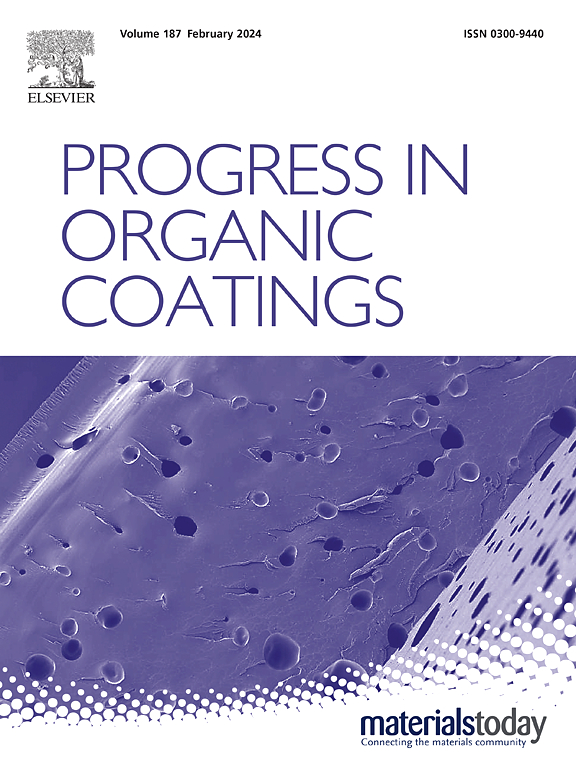通过交流/直流/交流电化学方法进行加速腐蚀评估
IF 6.5
2区 材料科学
Q1 CHEMISTRY, APPLIED
引用次数: 0
摘要
本文章由计算机程序翻译,如有差异,请以英文原文为准。

Accelerated corrosion assessment through the AC/DC/AC electrochemical method
Corrosion poses a significant threat to global infrastructure and economic stability. Organic coatings are commonly used to protect metallic structures from environmental damage due to their cost-effectiveness. However, these coatings can degrade over time, developing micro-cracks that weaken their protective properties. To assess the effectiveness of organic coatings, various performance tests are conducted to study their properties and protective mechanisms. Among these, the AC/DC/AC or accelerated cyclic electrochemical technique is a promising accelerated electrochemical method for evaluating corrosion resistance. This method offers advantages over traditional techniques by speeding up the degradation more efficiently, providing valuable insights into coating long-term performance. This review explores the intricacies of the aggressive nature of the AC/DC/AC method, how it can be leveraged as an accelerated tool for unraveling the electrochemical behavior of the coating-metal system for corrosion protection evaluation, and how it can be used to study coating degradation, aging, and self-healing capabilities. Further, the review tackles the challenges, limitations, and recent research trends aimed at enhancing the effectiveness and broader applications of the AC/DC/AC method.
求助全文
通过发布文献求助,成功后即可免费获取论文全文。
去求助
来源期刊

Progress in Organic Coatings
工程技术-材料科学:膜
CiteScore
11.40
自引率
15.20%
发文量
577
审稿时长
48 days
期刊介绍:
The aim of this international journal is to analyse and publicise the progress and current state of knowledge in the field of organic coatings and related materials. The Editors and the Editorial Board members will solicit both review and research papers from academic and industrial scientists who are actively engaged in research and development or, in the case of review papers, have extensive experience in the subject to be reviewed. Unsolicited manuscripts will be accepted if they meet the journal''s requirements. The journal publishes papers dealing with such subjects as:
• Chemical, physical and technological properties of organic coatings and related materials
• Problems and methods of preparation, manufacture and application of these materials
• Performance, testing and analysis.
 求助内容:
求助内容: 应助结果提醒方式:
应助结果提醒方式:


